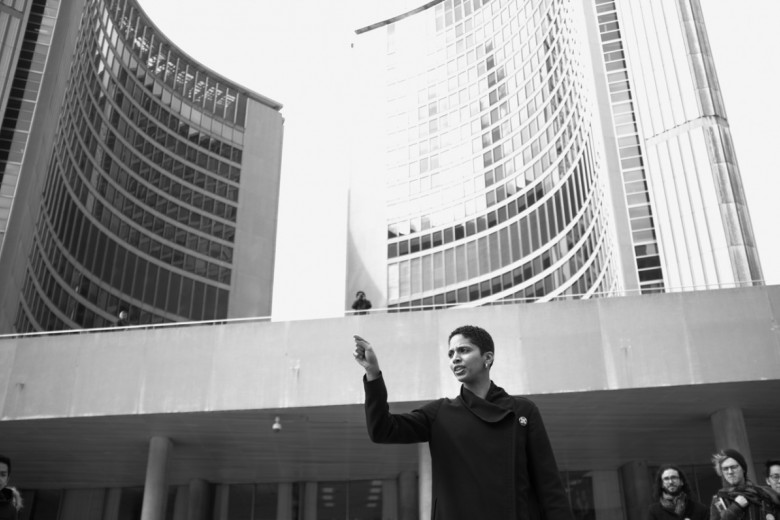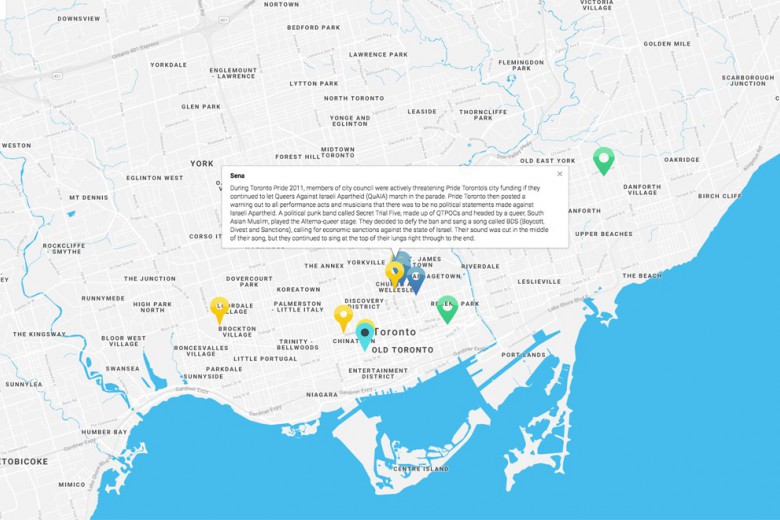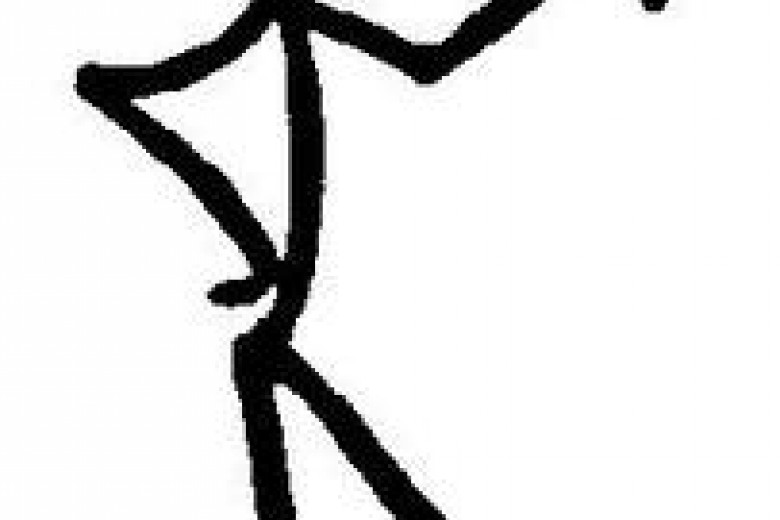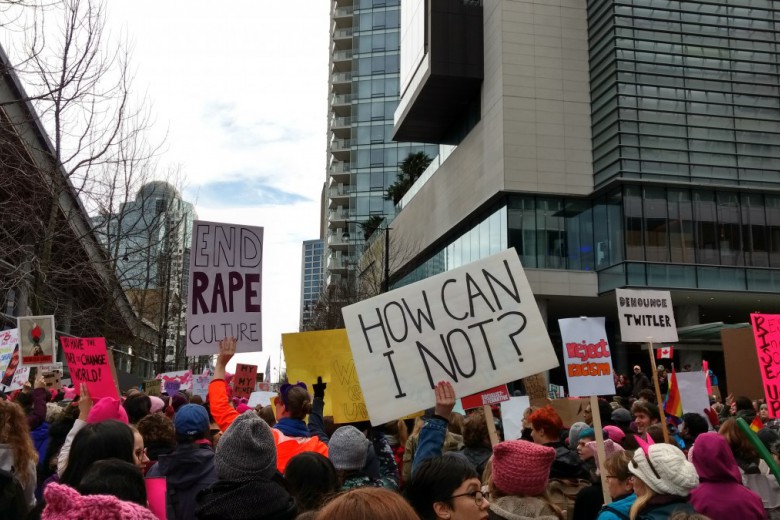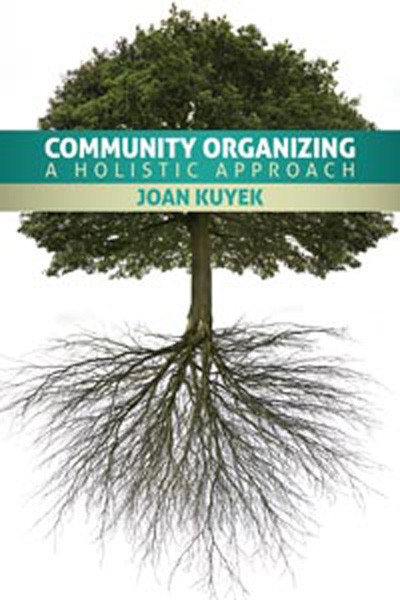
Community organizing:
A holistic approach
By Joan Kuyek
Fernwood Publishing, 2011
Those of us who are active in our communities, whether dealing with issues like homelessness or fundraising for a high school basketball team, have much to learn from the thoughts and insights of Joan Kuyek, whose experiences as a community organizer span some 30 years.
Joan Kuyek began her life work as a Company of Young Canadians (CYC) researcher in Ontario, where she first learned about community development. With the Student Union for Peace Action in Kingston, she was involved in the Kingston Community Project, organizing tenants and a food co-op. When she later moved to Sudbury, Kuyek immersed herself in community development, union organizing and mining activism. This led her to be part of the formation of Mining Watch Canada. Throughout all of this, Kuyek took part-time jobs to cover the expenses of her organizing, including work for the World Council of Churches, the Sudbury Better Beginnings Better Futures program, and the Samuel and Saidye Bronfman Foundation.
Kuyek’s organizing experience ranges from the protracted Inco strikes in Sudbury of 1978-79 to the individual actions at the North Eastern Ontario Women’s Conference. But in Community Organizing, Kuyek goes beyond the basics of telling her story to explain some of the underpinnings of the fight and her understanding of power, as well as an assessment of some of the bigger pictures and how they influence our local actions. Her knowledge of how to work though the planning steps of community organizing provides readers, from relative neophytes to seasoned activists, with a valuable template. Her story of the North Eastern Ontario Women’s Conferences, for example, shows how two separate and important groups of individuals, Aboriginal and Euro-Canadian women, can work together and develop a common understanding of women’s issues.
Kuyek calls for holistic organizing. People come to be involved in change for many reasons. If we want change, we have to be open and listen to others. We need to build community by choosing the causes we want to work on. If the problems are more systemic, as one might say of today, then the movement must be broadened and more inclusive, and defined by the common good, rather than for one group of people. When we tell the truth, develop a vision of tomorrow, and work towards that vision, all is possible. The current system is created by our labour, and depends on our consent.
Kuyek’s perspectives on Canadian culture are interwoven through her stories and experiences. Her affirmation of the anguish and frustration of not getting things moving or changed easily assures us that we are never cycling alone, so to speak. It is also heartening to hear of successes and victories, and to know that the next time you hit the road, while the hills will be there, and perhaps the Rocky Mountains, you will get over them, and the ride down the other side will be energizing, restorative and worth all the blood, sweat and pain put into the fight.


